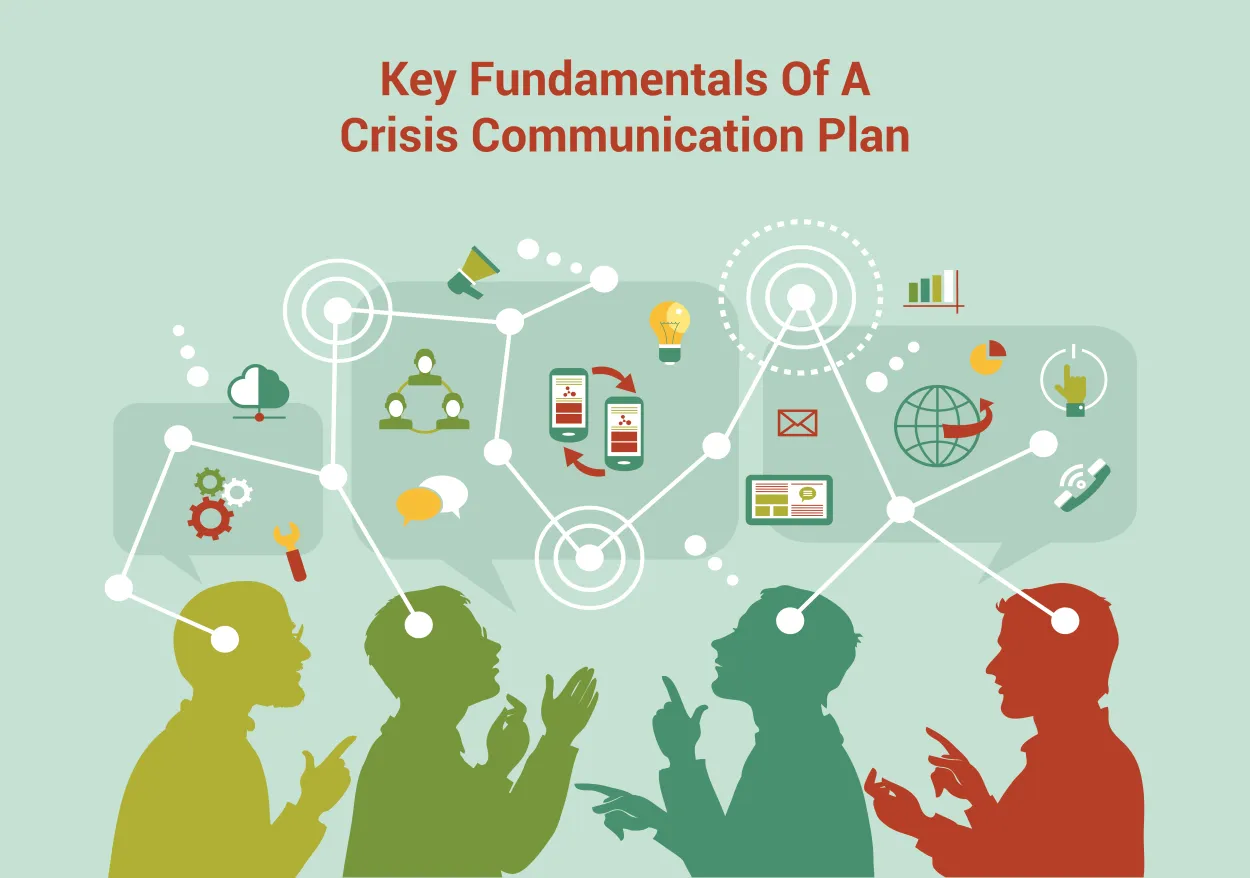In today’s fast-paced business environment, effective crisis communication is crucial for maintaining trust and reputation. This article explores key strategies and tactics businesses can employ to navigate through challenging times and effectively communicate with stakeholders.
The Role of Transparency and Authenticity
Transparency and authenticity play crucial roles in effective crisis communication in business. When faced with a crisis, be it a product recall, a financial scandal, or a public relations nightmare, it is essential for companies to be transparent about the issue at hand.
In today’s fast-paced and interconnected world, news and information spread rapidly. If a company tries to hide or downplay a crisis, it is highly likely that the truth will eventually surface, leading to even more damage to their reputation. By being transparent and upfront about the situation, businesses can establish trust with their stakeholders and demonstrate their commitment to resolving the issue.
Authenticity is equally important in crisis communication. People crave authenticity; they want to know that the company genuinely cares about their well-being and is taking responsibility for the crisis. A carefully crafted PR statement can only go so far – what truly resonates with stakeholders is a genuine and sincere response.
During a crisis, it is crucial for businesses to show empathy towards those affected and to communicate their actions in a transparent and authentic manner. This can include providing timely updates, addressing concerns and questions openly, and taking swift and decisive action to rectify the situation.
Incorporating transparency and authenticity into crisis communication not only helps businesses navigate through the crisis effectively but also allows them to rebuild trust and maintain long-term relationships with their stakeholders.
Developing a Crisis Communication Plan
In today’s fast-paced business environment, having an effective crisis communication plan is essential for businesses of all sizes. A crisis can strike at any moment, and having a well-prepared communication strategy can help minimize damage, maintain brand reputation, and rebuild trust with stakeholders. Here are some key steps to consider when developing a crisis communication plan:
-
Identify potential crises:
Start by identifying the possible crises that your business may face. These could include natural disasters, product recalls, data breaches, or negative media coverage.
-
Establish a crisis response team:
Put together a team of key stakeholders who will be responsible for managing and communicating during a crisis. This team should include representatives from PR, legal, HR, and senior management.
-
Create a communication strategy:
Develop a clear and concise communication strategy that outlines how your organization will respond to crises. This strategy should include key messages, target audiences, and the channels that will be used to distribute information.
-
Monitor and respond swiftly:
Establish a monitoring system to stay on top of emerging crises and respond swiftly. This can involve social media monitoring, news alerts, or dedicated crisis reporting channels.
-
Train spokespersons:
Designate and train spokespersons who will represent your organization during a crisis. These individuals should be media-trained, confident, and able to deliver key messages effectively.
-
Regularly update the plan:
A crisis communication plan should always be a work in progress. Regularly review and update the plan to incorporate changes in your business, new technologies, and lessons learned from past incidents.
Remember, having a crisis communication plan in place is not enough. Practice and rehearse the plan regularly to ensure everyone understands their roles and responsibilities. By being well-prepared and adopting a proactive approach, your business can effectively navigate crises and protect its reputation.
Managing Media Relations during a Crisis
Media relations play a crucial role in effective crisis communication in business. When a crisis occurs, it is important for organizations to handle media inquiries and maintain a positive public image. Here are some key strategies for managing media relations during a crisis:
-
Establish a designated spokesperson:
Designate a spokesperson who will be responsible for communicating with the media during a crisis. This person should be well-versed in crisis management, media relations, and have a clear understanding of the company’s messaging.
-
Prepare key messages:
Develop key messages in advance to ensure consistent and accurate communication. These messages should convey empathy, address the crisis, and provide reassurance to stakeholders.
-
Be proactive in sharing information:
Provide timely updates and information to the media. Transparency is key in crisis communication to maintain credibility and trust. Regularly update the media regarding the steps taken to address the crisis.
-
Monitor media coverage:
Monitor media coverage to stay informed about public perception and identify any misinformation. Respond promptly to correct inaccuracies and maintain control over the narrative.
-
Train spokespersons:
Provide media training to designated spokespersons to ensure they are well-prepared to handle tough questions from journalists. Training should include mock press conferences and crisis scenarios.
-
Establish relationships with journalists:
Prioritize building positive relationships with media professionals before a crisis occurs. This can help in fostering cooperation and understanding during challenging times.
-
Create a digital media kit:
Develop a comprehensive digital media kit containing relevant information, images, and videos that journalists can access easily. This ensures accurate reporting and saves time for both the media and the organization.
-
Follow up and evaluate:
After the crisis, review the effectiveness of the media response and evaluate what could be improved. Learn from the experience and update crisis communication plans accordingly.
Conclusion
In conclusion, effective crisis communication is crucial for businesses to successfully navigate and recover from challenging situations. By being transparent, proactive, and responsive, companies can build trust with stakeholders and minimize the negative impact of a crisis. It is imperative for organizations to have a well-prepared crisis communication plan in place to effectively manage and mitigate any potential reputational damage. By doing so, businesses can not only protect their brand image but also demonstrate their commitment to openness and accountability.




